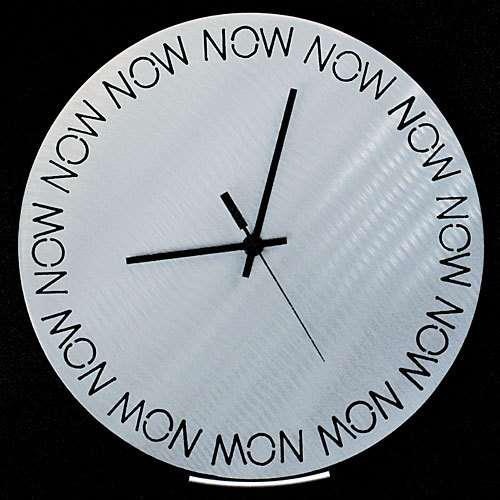 I saw this great article on Buzzfeed, which is an opinion post, where the author listed things she wishes she knew about therapy before she started. She wanted others to know how the reality of it is, or her reality. I thought it was great to see insight from the couch, as I call it. Therapy can be scary and intimidating. I hear frequently from clients they are not sure “how it is supposed to work.” This list is helpful in that regard.
I saw this great article on Buzzfeed, which is an opinion post, where the author listed things she wishes she knew about therapy before she started. She wanted others to know how the reality of it is, or her reality. I thought it was great to see insight from the couch, as I call it. Therapy can be scary and intimidating. I hear frequently from clients they are not sure “how it is supposed to work.” This list is helpful in that regard.
I will list just the headings and highlighted portions here. You can find the details in the full article on Buzzfeed
-
Some of the time, you’re not going to like therapy, at least, not in the way you usually like things.
- more often than not, “having gone” feels a lot better than the actual “going.”
-
Having a space 100% dedicated to you will be unlike anything else in your life and you won’t know how you functioned without it before.
- You just get to focus on yourself, and oh my god, it’s life-changing.
-
You shouldn’t be discouraged if you don’t have some big cinematic breakthrough. It’s more about making lots of tiny changes.
- Don’t think of therapy as working toward that breakthrough. Instead, think of it as improving, healing, and fortifying yourself one session at a time.
-
You can mistake not liking your therapist with not liking the things they’re saying.
-
Going to therapy doesn’t necessarily mean having to face that one difficult thing you’re not ready to talk about, so don’t let that put you off.
- A good therapist won’t push you to talk about skeletons in your closet or deep-rooted childhood issues if you don’t want to.
-
You’re allowed to push back against your therapist, and whine and rant and argue.
- I’ve learned therapy is so much better when you’re an active participant, and sometimes that involves things getting heated and having disagreements.
-
In fact, therapy is a low-stakes place to practice all the more unsavory forms of communication, like standing up for yourself, arguing, apologizing, or being vulnerable.
-
A session can feel frustratingly short, so it helps to think about what you want to talk about beforehand. Just don’t expect to leave having covered everything.
- Remind yourself you can keep coming to therapy for as long as you want, and you can get to everything *eventually*.
-
Not every session has to be super deep or emotional. Some days, you’re just going to want to talk about a fight you’re having with a friend or a minor work frustration and that’s okay.
-
But you have to be careful that you’re not just spending sessions ranting (unless that’s why you sought out therapy).
- One thing that helps with this is making a list of goals for therapy and checking in with your therapist about your progress.
- It’s called a Treatment Plan. It should be completed at the beginning and reviewed periodically with your therapist
-
Your therapist is a great person to ask, “Is it me or them?” about many of life’s complicated conflicts.
- Luckily, a therapist is an invaluable objective resource to help figure out if you’re in the wrong or if there’s a pattern of behavior that inevitably causes stressful, bad things to happen.
-
Taking the time to jot down thoughts and reflect after each session is an extremely good way to get the most out of therapy. (I LOVE THIS!)
- But if you actually want to retain and put into practice stuff you’re learning, journaling after each session is a helpful tool.Some basic things that might be worth scribbling down after each session:
• A summary of what you covered
• Key lessons or things you want to remember
• What things were hard to talk about and why
• Things you either forgot to bring up or that you want to revisit next session
-
There’s no right way to do therapy.

- Sometimes all you need to do is find a therapist you feel comfortable with, trust the process, and go from there.
From the comments I noted two important topics
- Be Honest. Lying only wastes your time and money.
- You might feel worse before you feel better.






 jagged edges now, not like a spoon should be. A spoon needs to be smooth and curved to do it’s job well. The sharp, ragged edges cut the lips and mouth. It can still hold food and transport it my mouth,
jagged edges now, not like a spoon should be. A spoon needs to be smooth and curved to do it’s job well. The sharp, ragged edges cut the lips and mouth. It can still hold food and transport it my mouth, 
 GRATITUDE
GRATITUDE

 DEVOTION
DEVOTION
 COMPASSION
COMPASSION
 BEAUTY
BEAUTY